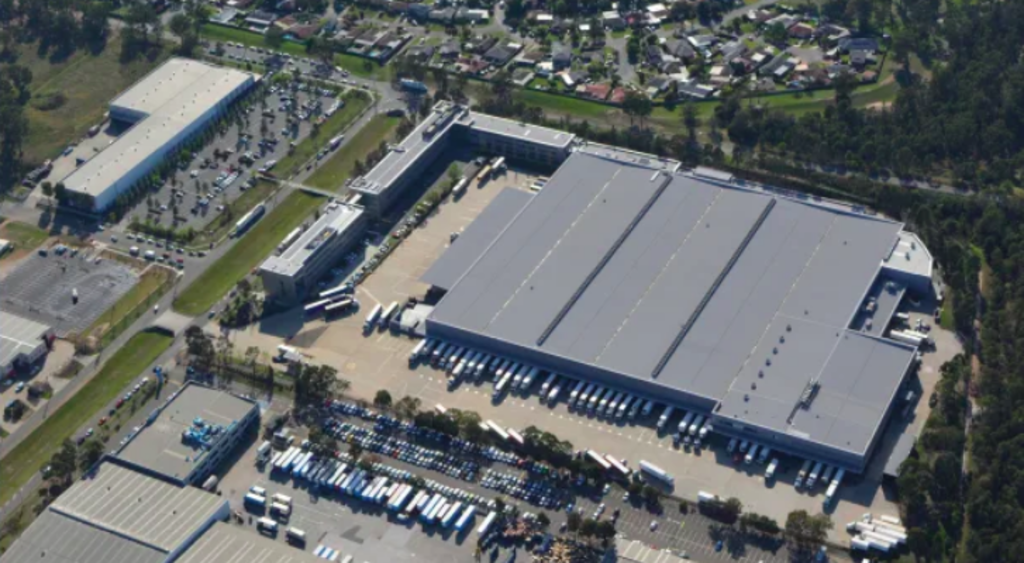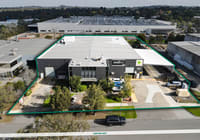
Commercial investment halves as investors shun retail
Commercial investment activity slumped in the first three quarters of the year with the value of transactions almost halving to $15 billion from the same period a year earlier as the pandemic hit Australia’s commercial property market, new figures from CBRE show.
The slump in investment from $28 billion in the first nine months of last year obscured the surging appetite for investment in industrial and logistics property, which rose 10 per cent from a year earlier to just over $5 billion-worth, the figures from the commercial real estate agency show.
The shift lifted industrial property’s share of transactions to 31 per cent from 15 per cent. Investment in office property was largely constant, at 52 per cent of the total, despite a 44 per cent decline in the volume of sales. Retail was the hardest hit, with sales slumping 51 per cent from the same period a year earlier.
Appetite for industrial property came not just from the growing demand for sheds to support the growth in ecommerce but also from a maturing that saw many operators who owned sites sell them to investors – a trend largely complete in a sector such as offices, said CBRE’s capital markets executive director for industrial and logistics, Chris O’Brien.
Notable deals during the period include the Charter Hall-Allianz Real Estate $648 million acquisition of four distribution centres owned by German supermarket giant Aldi, and Charter Hall’s subsequent purchase of bottle manufacturing sites bought by Visy Group from United States group Owens-Illinois.
Last month, Logistics real estate investor Logos Property acquired two distribution centres from Sigma Healthcare for about $170 million in partnership with the NSW government’s financial management and investment arm, TCorp.
The onset of the pandemic slowed, but did not derail, investment decisions, Mr O’Brien said.
“Unlike many other sectors, not many industrial and logistics assets fell out of due diligence when COVID-19 impacted the market,” he said.
“Broadly speaking, vendors and purchasers have adopted a commonsense approach whereby most negotiations were extended, as opposed to being dropped entirely. This is one of the key reasons why there was such an immediate bounce back of volume levels from mid-June onwards.”











